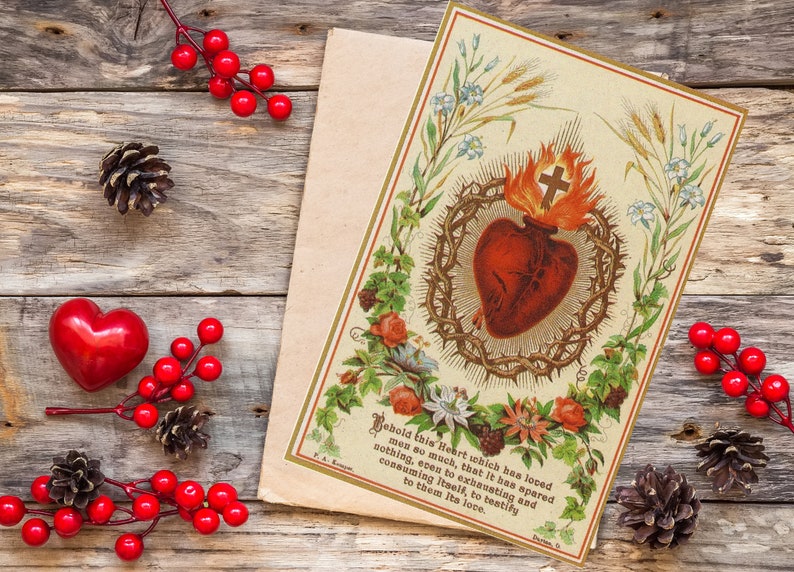I'm currently reading The Complete Idiot's Guide to Feng Shui because, even though I am not crazy about labeling myself an idiot, I have found that the small sample of Idiot books I've read offered a comprehensive, user friendly and reasonably well written introduction to their respective subjects.
The people hired to write the Idiot books seem to know their stuff too. The Complete Idiot's Guide to Kabbalah was written by Rav Michael Laitman, for example, and the three The Idiot's Guide to Feng Shui authors, Elizabeth Moran Master Joseph Yu and Master Val Biktashev, are well educated and well known Feng Shui practitioners. They are also quick to point out that you will be getting traditional Asian Feng Shui instruction in their book, not the dumbed down Western self-help version of the topic. This appeals to me.
The book covers a lot of ground and at 68 pages into it, I have to say (in a completely noncritical way) that aside from the introductory material I have not learned an enormous amount about Feng Shui. I have learned about Chinese history, religion and philosophy, however, including great explanations of Yin and Yang, Taoism and Qi. The authors talk about the human brain, the difference between the Asian and Western psyche, energy and physics as well, and quote some very interesting Western scientists (Bohm,Sheldrake, and Newberg), whom I hope to be blogging on at some future point, in the process.
The book also quotes Fritjof Capra (author of The Tao of Physics which I absolutely must read). In it, he says: "Like the quantum field, qi is conceived as a tenuous and imperceptible form of matter which is present throughout space and can condense into solid material objects. The field, or qi, is not only the underlying essence of all material objects, but also carries their mutual interactions in the form of waves."
In their own words, the authors say: "Qi is the stuff of and behind it all. It's the stuff that breathes life into plants, animals, the mountains, oceans and us. It's the stuff of dreams, intuition, fate and luck. It's the stuff at the core of non-living matter such as airplanes, building and the chair on which you sit. It's the stuff acupuncturists stimulate with their needles. It's the stuff martial artists conjure up to split solid objects. And it's the stuff Feng Shui practitioners harness to improve the health, wealth and relationships of their clients."
The book goes on to liken Qi to Ki (Japan), Prana (India), Pneuma (Greece), Ankh (Egypt), Ruach (Hebrews), Tane (Hawaii), Arunquiiltha (Aborigines) and Orenda (Iroquois).
Interesting stuff and as I am not an especially linear thinker, I'm enjoying the ride. A linear person could certainly skip ahead and would probably find that the format lends itself to skipping ahead. Feng Shui was suggested to me in a channeling session, so I'm curious to see what effect it will have on my living space also where the pursuit of some of the other concepts introduced by the book will lead me. I will write more as the journey progresses!









Post a Comment
Please share your thoughts!